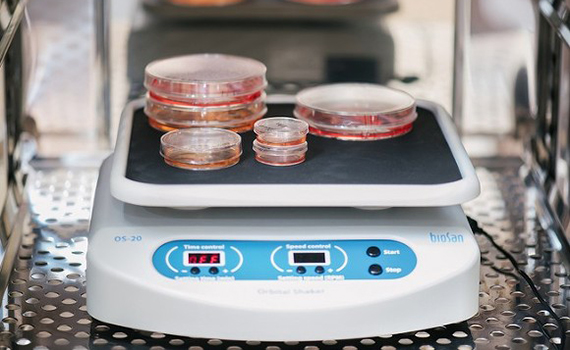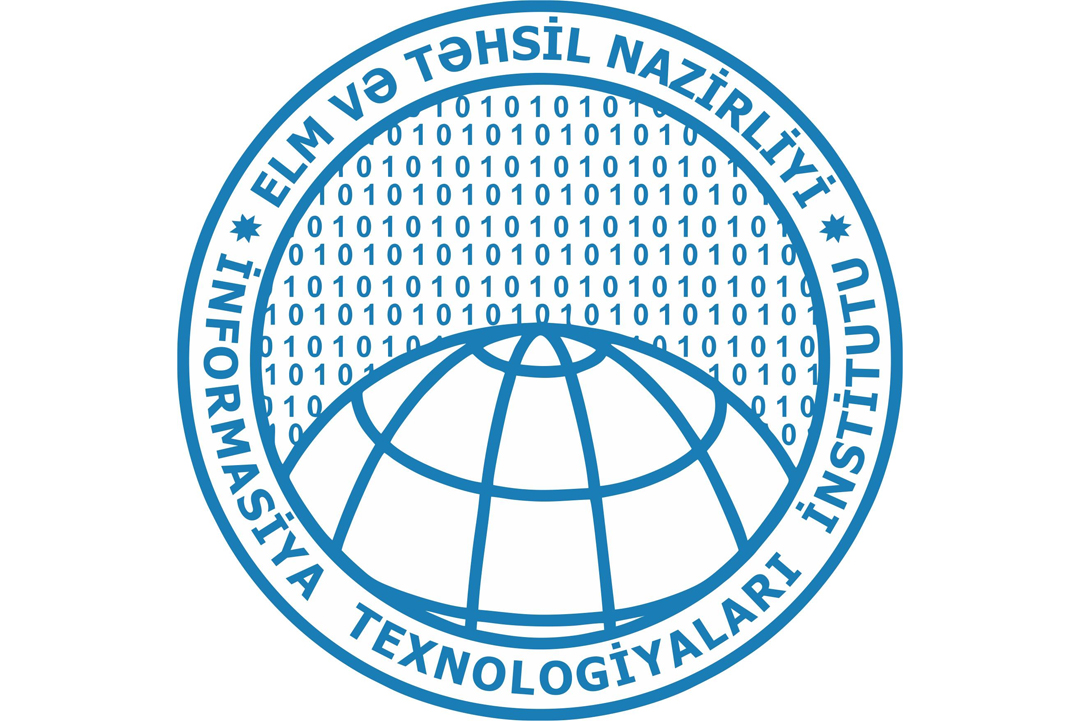NEWS
Russian scientists have learned to grow a miniature brain

Russian specialists representing the Institute of Cytology and Genetics of the SB RAS have told that they cultivate three-dimensional organelles that resemble the human brain in their structure. Scientists noted that such structures open space for experiments, which would otherwise be impossible.
Tatiana Schneider from the Institute of Cytology and Genetics said that mini-brains were originally raised to study the brain development of the CNTN6 gene encoding contactin 6 protein. As the expert explained, this gene does not work in some children with mental retardation and the phenomenon would allow a better prediction of possible problems at the stage of the embryonic development of the future child. At the moment, the mini-brain is used to study a variety of mental disorders and other problems associated with the development and operation of the brain, including schizophrenia, Alzheimer's disease, and so on.
According to the scientist, organelles live for about three months and grow to an average of 5 millimeters. They develop in the same way as the brain of a human embryo, and represent the semblance of separate parts of real organs, writes the publication Science in Siberia.



